
Loading...
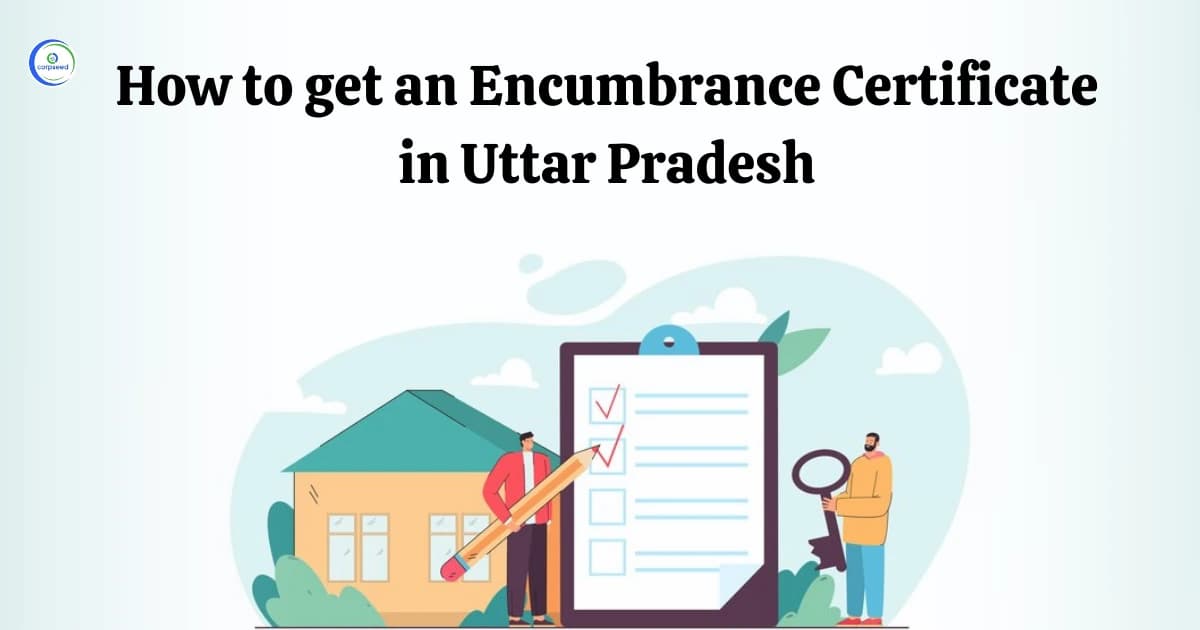
An Encumbrance Certificate is an important document for anyone dealing with property transactions.
About the Author

Parul Bohral, a BALLB graduate and experienced legal researcher and content writer with expertise in various legal areas, including corporate law and intellectual property. I have gained valuable experience in esteemed legal environments, where I have strengthened my research skills, allowing me to approach legal writing with precision and depth.
As a legal content writer, I am committed to delivering work that not only informs but also engages readers. By staying informed about the latest trends in content marketing and regulatory developments, I ensure that my writing remains sophisticated and meets industry standards. My dedication to thorough research enables me to craft content that is both insightful and impactful.
Related articles
.webp&w=1536&q=75)
Offshore Areas Mineral Rules, 2026: Key Compliance Requirements
2026-02-19
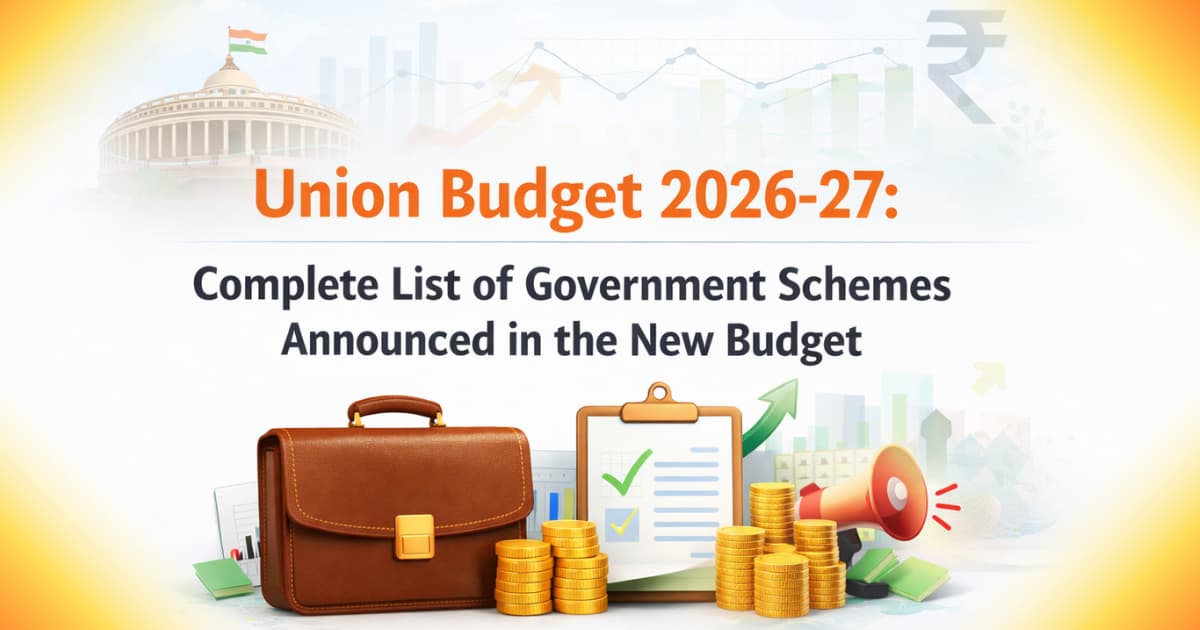
Union Budget 2026-27: Complete List of Government Schemes Announced in the New Budget
2026-02-13
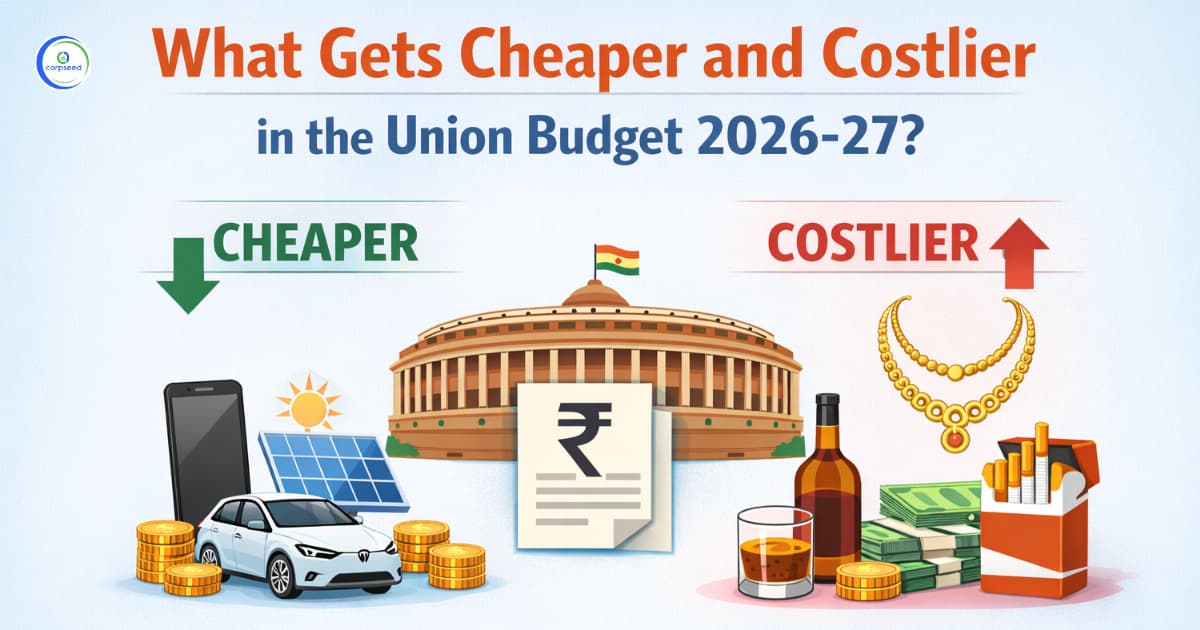
What Gets Cheaper and Costlier in the Union Budget 2026-27?
2026-02-13
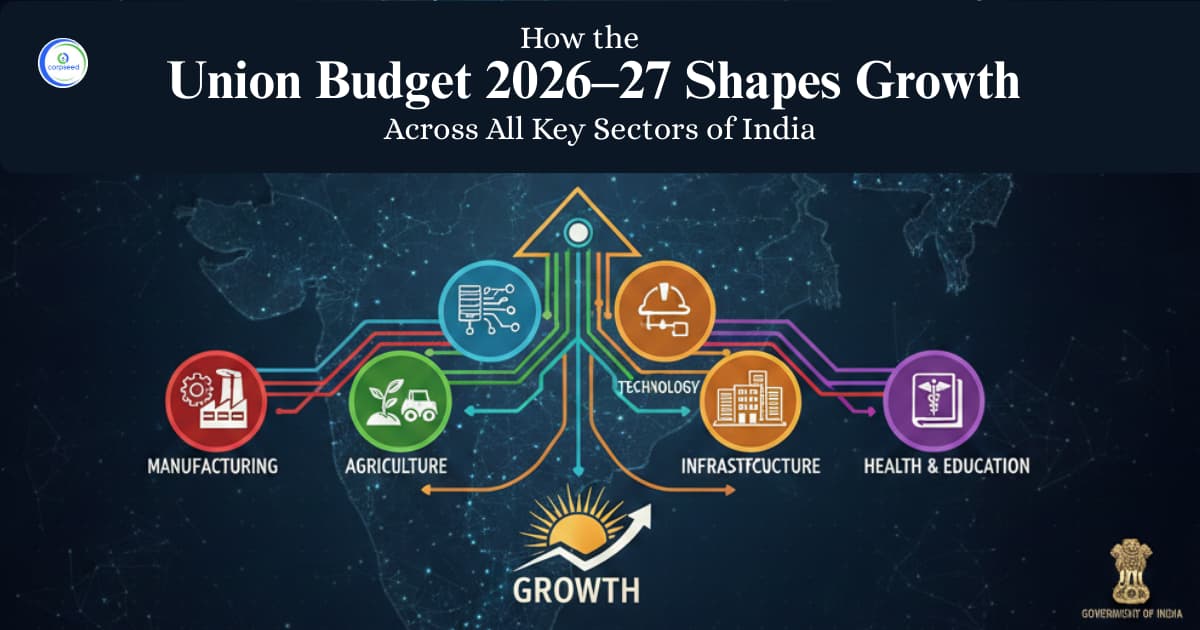
How the Union Budget 2026-27 Shapes Growth Across All Key Sectors of India?
2026-02-13
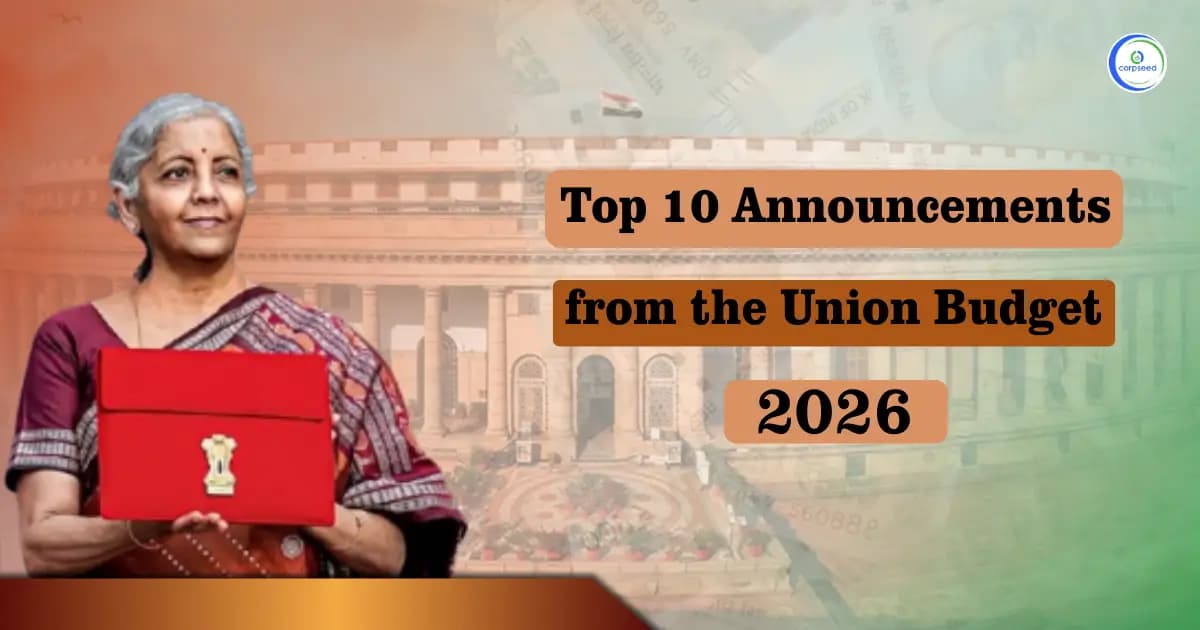
Top 10 Announcements from the Union Budget 2026
2026-02-12
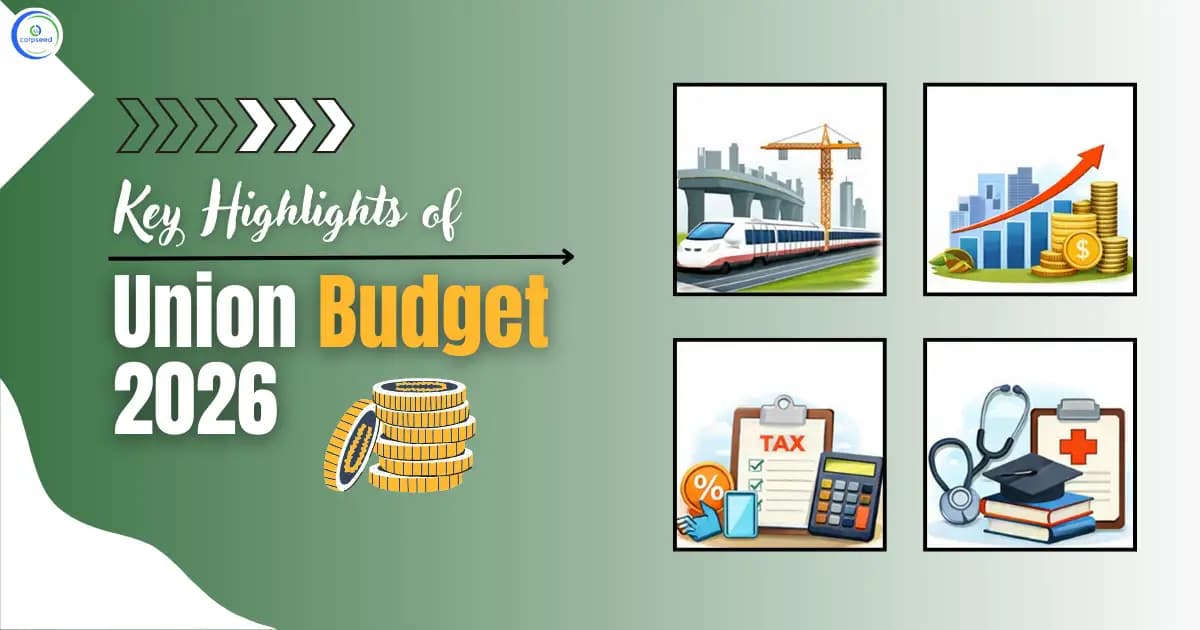
Key Highlights of Union Budget 2026
2026-02-02